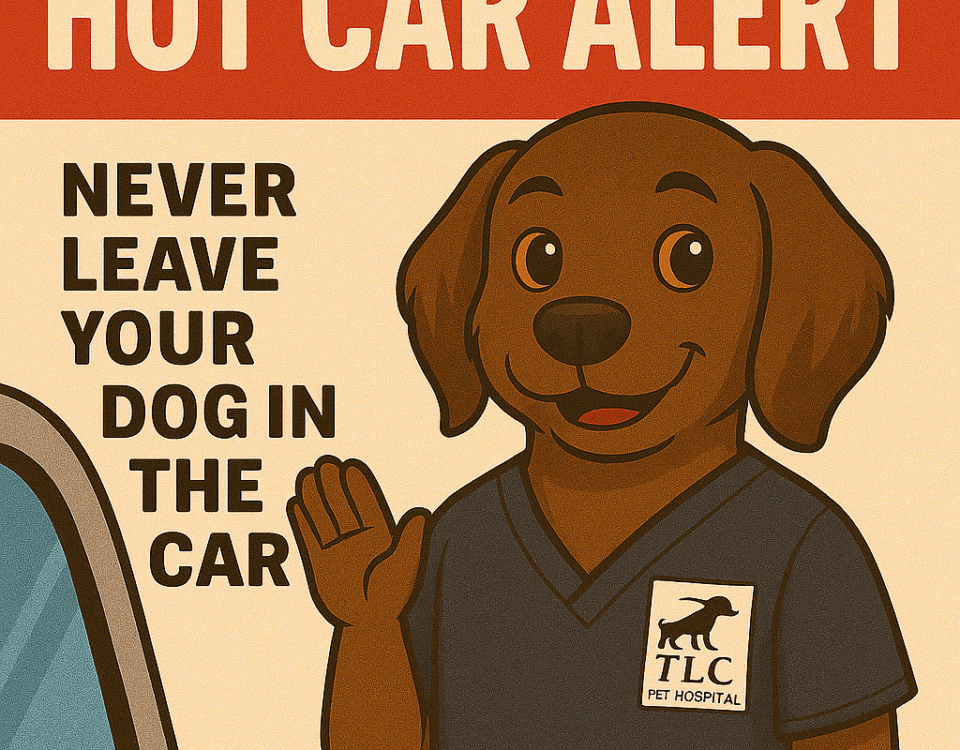Ear Care
June 9, 2015Are You Allergic to Your Pet
June 16, 2015Unfortunately, accidents do happen. When a medical emergency befalls our furry friends, pet parents may find it difficult to make rational decisions, especially if something occurs during the middle of the night. That’s why it’s crucial to have an emergency plan in place—before you need it.
How Do I Find 24-Hour Emergency Care for My Cat?
Talk to your veterinarian about an emergency protocol. Does your vet provide 24-hour service or does he or she work with an emergency clinic in the area? Some practices have multiple veterinarians on staff who rotate on-call services after hours. Check to see if your primary care vet has partners who might answer an emergency call.
It’s also a smart idea to keep the name, number and address of your local emergency clinic tacked to the refrigerator or stored in your cell phone for easy access.
When Does My Cat Need Emergency Care?
Your cat may need emergency care because of severe trauma—caused by an accident or fall—choking, heatstroke, an insect sting, household poisoning or other life-threatening situation.
What Are Some Signs That My Cat Needs Emergency Care?
- Pale gums
- Rapid breathing
- Weak or rapid pulse
- Change in body temperature
- Difficulty standing
- Apparent paralysis
- Loss of consciousness
- Seizures
- Excessive bleeding
What Should I Do if My Cat Needs Emergency Care?
Cats who are severely injured may act aggressively toward their pet parents, so it’s important to protect yourself first from injury. Gently place a blanket or towel over the cat’s head to prevent biting; then slowly lift the cat and place her in an open-topped carrier or box. Take care to support the cat’s head and avoid twisting her neck in case she’s suffered a spinal injury.
Once you feel confident and safe transporting your cat, immediately bring him to an emergency care facility. It’s also a smart idea to ask someone—a friend or family member—to call the clinic, so the staff expects you and your cat.
What Are Some First Aid Treatments I Can Perform on My Cat?
Most emergencies require immediate veterinary care, but first aid methods may help you stabilize your pet for transportation.
- If your cat is suffering from external bleeding due to trauma, try elevating and applying pressure to the wound.
- If your cat is choking, place your fingers in his mouth to see if you can remove the blockage.
- If you’re unable to remove the foreign object, perform a modified Heimlich maneuver by giving a sharp rap, which should dislodge the object, to his chest.
Should I Perform CPR on My Cat?
CPR may be necessary if you successfully remove the choking source, but your cat is still unconscious. First check to see if he’s breathing. If not, place him on his side and perform artificial respiration by extending his head and neck, holding his mouth closed and blowing gently into his nostrils once every three seconds. If you don’t feel a heartbeat, incorporate cardiac massage while administering artificial respiration—five chest compressions for every respiration—until your cat resumes breathing on his own.
What Should I Do If My Cat Eats Something Poisonous?
If you suspect your pet has ingested a toxic substance, please call your veterinarian or the ASPCA Animal Poison Control Center’s 24-hour hotline at (888) 426-4435. Trained toxicologists will consider the age and health of your pet, what and how much he ate, and make a recommendation—such as whether to induce vomiting—based on their assessment.



